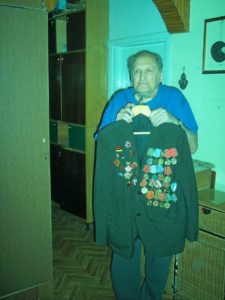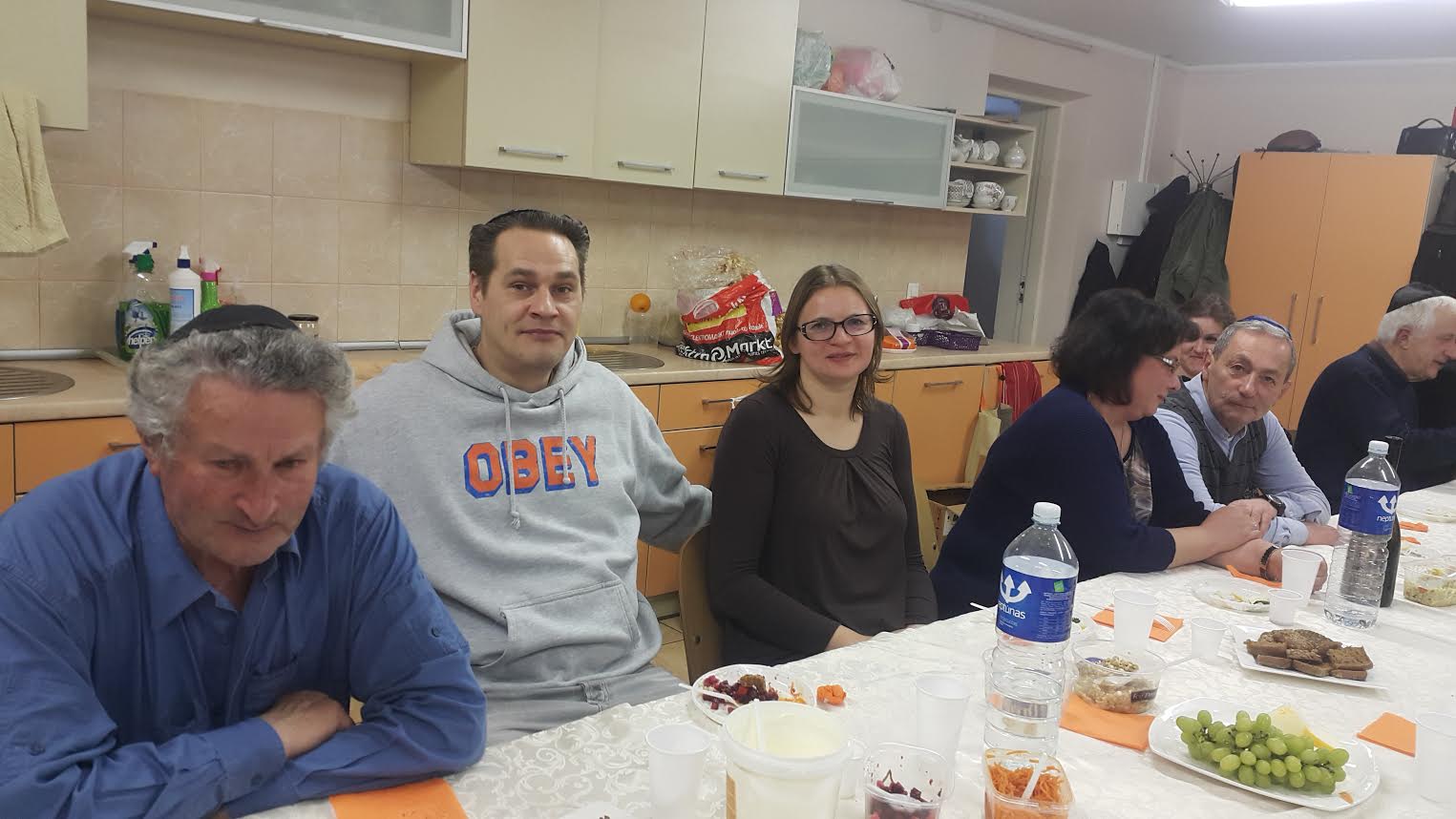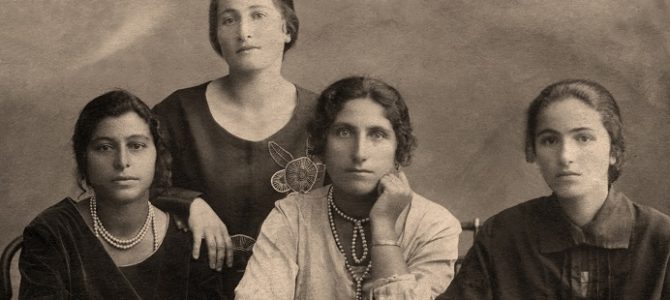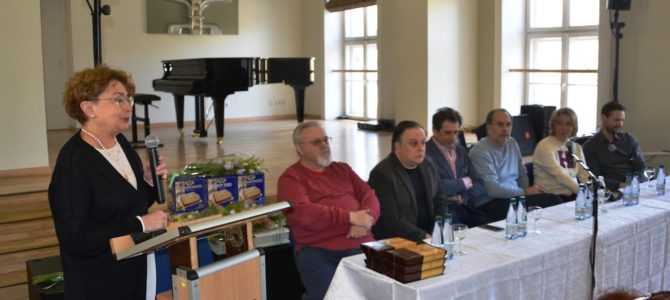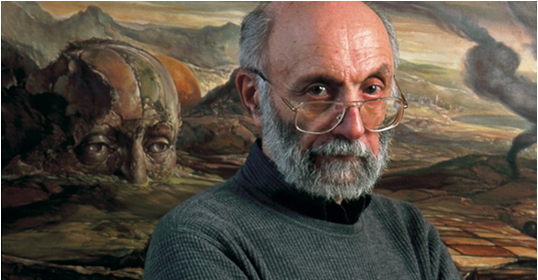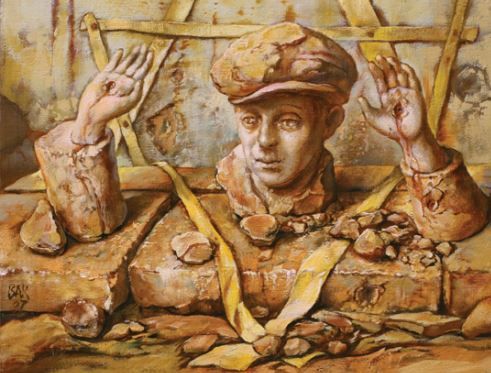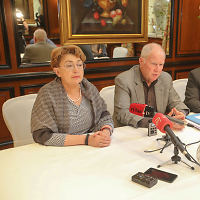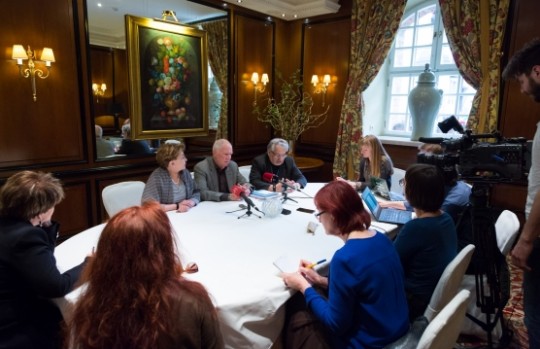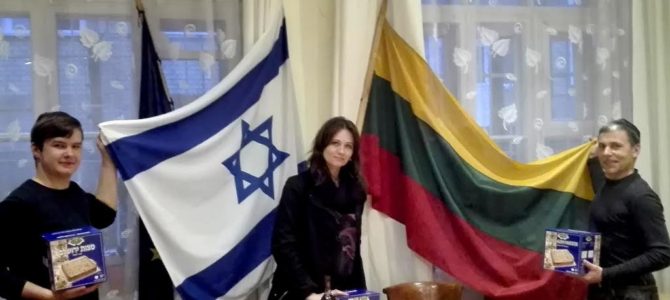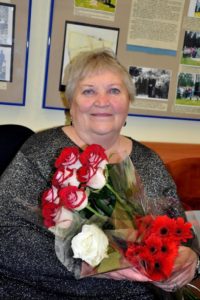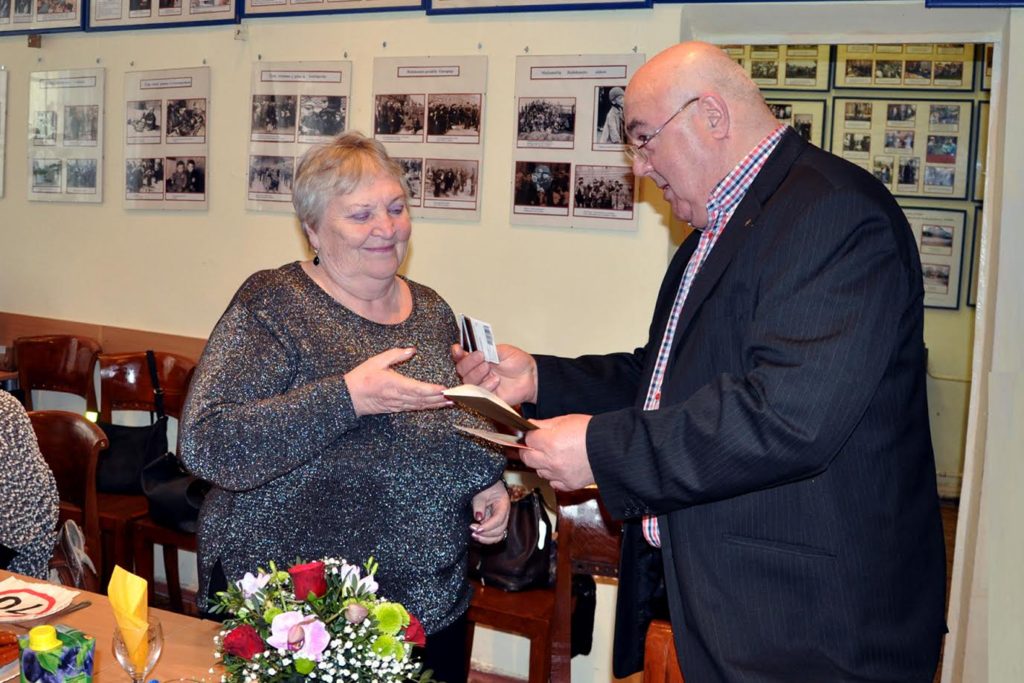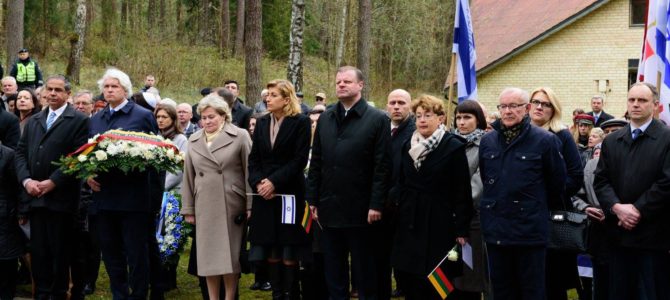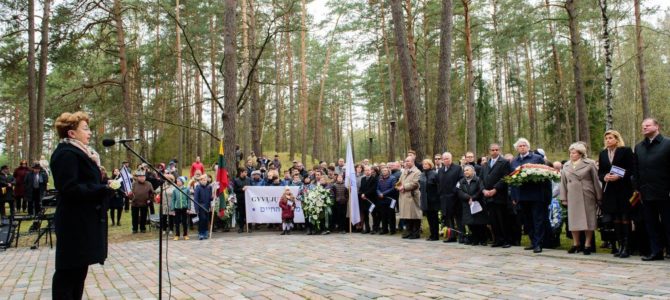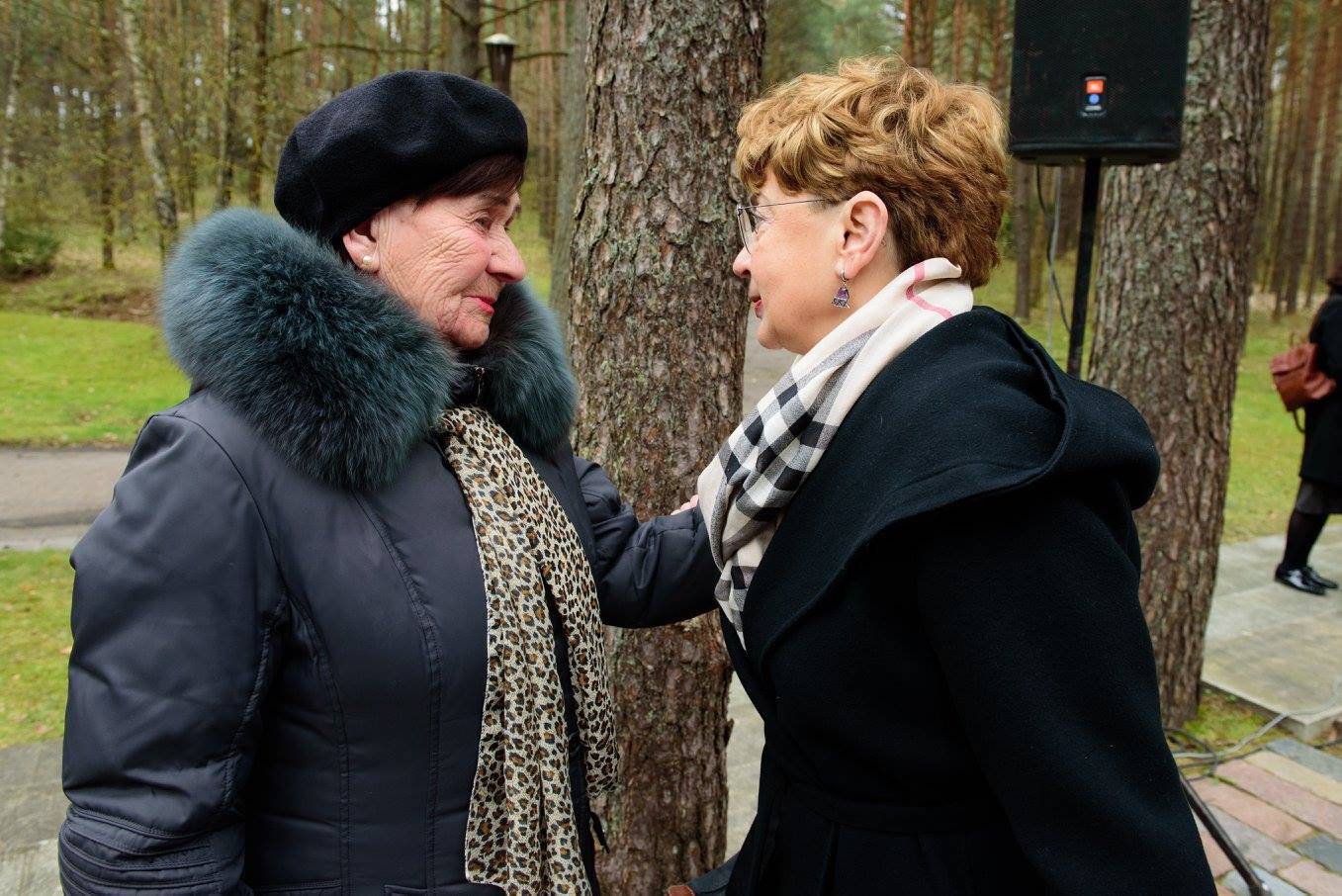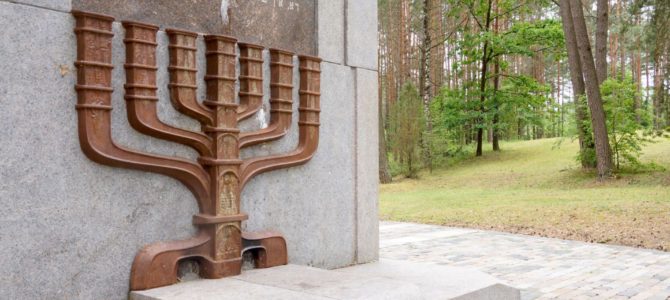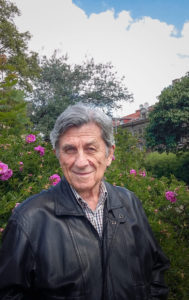
by Donatas Puslys, bernardinai.lt
“Black Earth: The Holocaust as History and Warning” by Yale historian Timothy Snyder is extremely important in several respects. For one thing, it provides a good examination of Adolf Hitler’s policies and reveals why it is wrong to think of him as a German national socialist when in fact he was a zoölogical anarchist [sic] whose priority was the struggle of the races and survival of the fittest in slicing off more so-called lebensraum. It also provides a good overview of Hitler’s policy innovations later exported to the conquered territories which brought about tragic consequences: hybridization of institutions, the export of anarchy [sic], the destruction of states in the creation of lawless zones which provided the opportunity for the mass murder of the people made stateless, exploiting the card of the globalization [sic] of the Jews of Germany for propaganda claiming the Nazi war was an anti-colonialist effort to liberate the world from alleged Jewish domination, and changes in the concept of war rejecting all conventions, above which dominated the will of the führer for the domination of the master race.
The book rejects the myth all citizens of Central and Eastern Europe were hardened anti-Semites who were only waiting for the chance to make a reckoning with their Jewish neighbors. It demonstrates the extent of the Holocaust was most horrific in the territories which experienced double occupations, a Soviet occupation followed by a Nazi one.
Full opinion piece in Lithuanian redefining the concepts of anarchy and Nazi ideology according to Snyder’s most recent speculations available here.


